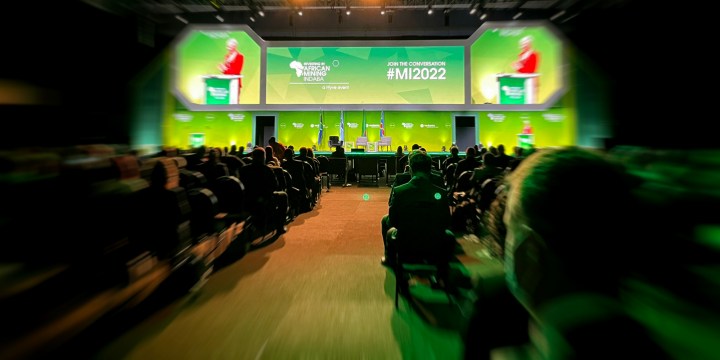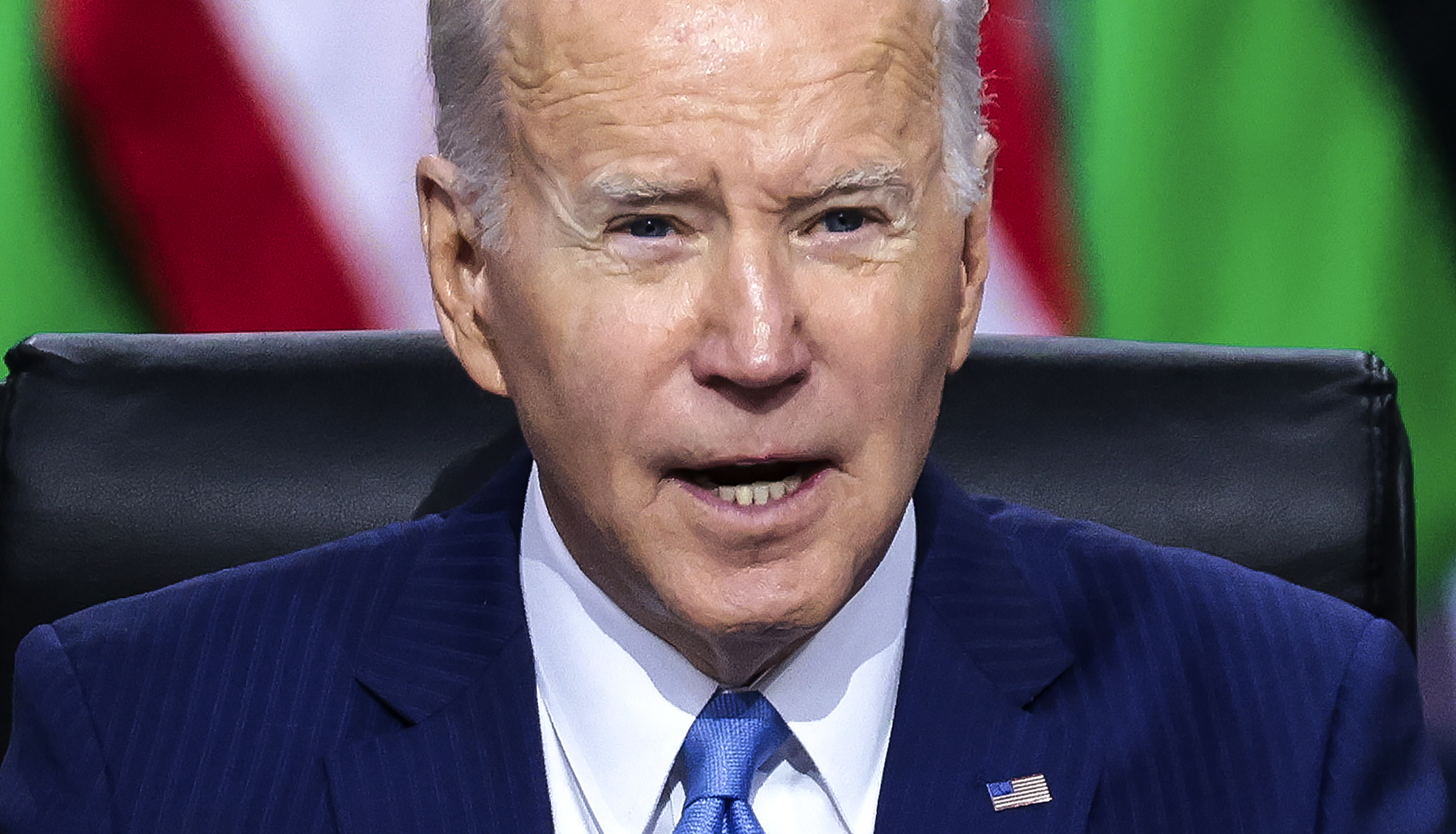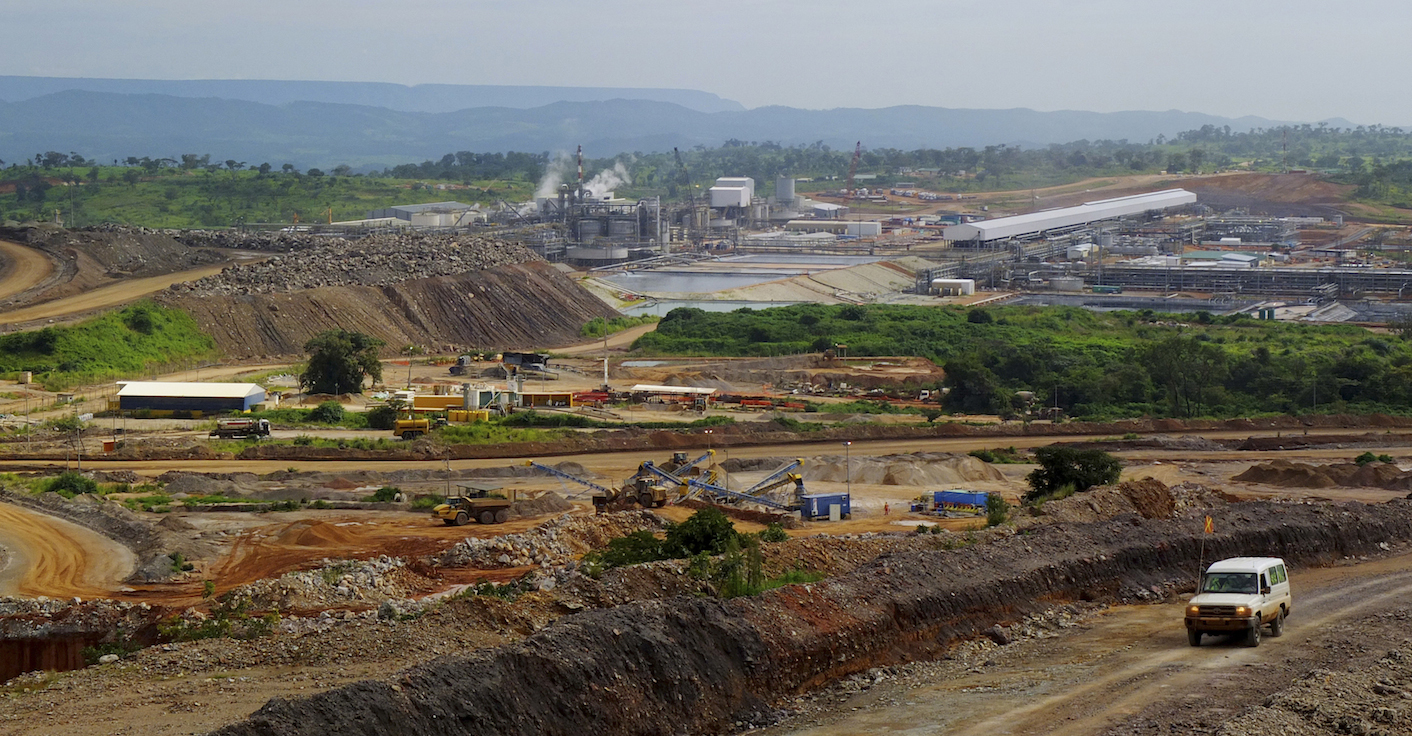ENERGY TRANSITION OP-ED
Mining Indaba comes at critical time for West as China expands grip on Africa’s rare minerals

With the Biden administration and the EU now investing political capital in the success of domestic green energy firms, Africa, with its vast deposits of critical minerals, has never been so economically essential to the West.
Next week’s Mining Indaba (in Cape Town from 6-9 February) is the world’s largest mining investment event and one of the drivers of the event’s growth has been the recognition of Africa’s central role in building a global green economy.
Global investment in low-carbon technologies has doubled since 2016 to $800-billion. Bloomberg predicts that sales of electric vehicles in the US will overtake those of cars using combustion engines this decade. In Europe, the energy transition has come to be equated with clean and abundant energy independent of Russian fossil fuels.
The coming decades will be defined by the increasing share of global manufacturing and financial investment dedicated to green technologies.
Fuel for transition
The transition to clean energy isn’t free. Critical minerals, those resources whose supply is most integral to supply chains, will be required to fuel this new future of emission-free power generation and energy security. Cobalt, graphite and lithium are required for the batteries of electric vehicles and the large energy storage facilities needed to power entire grids based on intermittent production from renewables.
Modernising and expanding transmission grids will require increasing amounts of copper. Platinum group metals are critical to expanding the production of green technologies. Never have critical minerals been so important to satisfying both governmental and corporate priorities.

President Joe Biden. (Photo: Oliver Contreras / Sipa / Bloomberg via Getty Images)
Climate change has been the rallying cry for a new wave of industrial policy which is funnelling capital towards industries that use critical minerals as inputs. The Biden administration’s Inflation Reduction Act includes $391-billion in green energy investment, partially subsidising the creation of a North American clean energy industry.
Europe, to avoid losing competitiveness in this sector, must formulate a similar plan in response. So long as governments are diverting financial resources towards the production and purchase of goods made with critical minerals, they will be rightly invested in the fate of critical mineral supply chains.
Chinese dominance
This new moment of sustained demand for critical minerals has coincided with an increasing aversion to economic dependence on China. Policymakers have been aware of the dangers of China’s dominance of rare earth minerals since it suspended exports to Japan for two months during a 2010 dispute over the Senkaku Islands. China today enjoys a similar dominance in the supply and processing of critical minerals.

Processing facilities at Tenke Fungurume, a copper and cobalt mine 110km northwest of Lubumbashi in the DRC’s copper-producing south. (Photo: Reuters)
Chinese firms extract and refine up to 80% of the world’s cobalt, largely from mines they control in Democratic Republic of the Congo (DRC), the site of 70% of the world’s known cobalt reserves.
China similarly performs 80% of the world’s lithium refining and a substantial 40% of copper. Chinese investment in foreign mineral assets and its dominant position in turning these minerals into industrially useful materials represents a key vulnerability to an administration hoping to both stand up to China and rapidly transition the US economy towards carbon neutrality.
With China having revealed itself willing to weaponise the export of key industrial inputs in the past and with relations only growing more standoffish, the Biden administration must seek to satisfy the priorities of both geopolitical competition and energy transition. To do so it should look to Africa.
China has come to dominate the supply of minerals which it does not control large deposits of by sustained investment abroad. Chinese state-linked and private firms have invested in controlling critical mineral deposits in a concerted way not seen among Western firms and governments.
Africa’s importance
With the Biden administration and the EU now investing political capital in the success of domestic green energy firms, Africa has never been so economically essential to the West.
The Biden administration has focused most publicly on “onshoring” the production of critical minerals, bringing the extraction and processing of these materials to US soil. President Joe Biden invoked the Defense Production Act in April 2022 to provide funding for US production of lithium and cobalt. The Inflation Reduction Act included $500-million to expand the processing of critical minerals.
Visit Daily Maverick’s home page for more news, analysis and investigations
However, the extent to which US demand for critical minerals can be met domestically is constrained by limited US reserves of these minerals and the environmental effects of processing them, which makes refining them profitably while complying with environmental regulations difficult.
Ramping up production in the US is further complicated by long permitting times, exacerbated by a system that allows local opposition to delay projects for years.
A more likely path to reducing reliance on China lies in diversifying the foreign sources of critical minerals. The Biden administration has organised the Minerals Security Partnership (MSP), including allies like the EU, UK, Canada, Australia and Japan to coordinate public and private investment in critical mineral supply chains.
The MSP held its first meeting in New York this past September, and among the non-partner nations in attendance was the DRC. Arising from meetings at December’s Africa Leaders Summit in Washington, the US, the DRC and Zambia signed an MOU to jointly develop the supply chain for electric vehicle batteries.
As a further demonstration of the US government’s commitment, Under-Secretary of State Jose Fernandez and Presidential Adviser Amos Hochstein will be speaking on the Mining Indaba main stage. DM/OBP
Tony Carroll is the director of Acorus Capital and has been involved in the design of the Mining Indaba conference since its inception. He is an adjunct professor in the African Studies programme at Johns Hopkins University.















 Become an Insider
Become an Insider
Comments - Please login in order to comment.